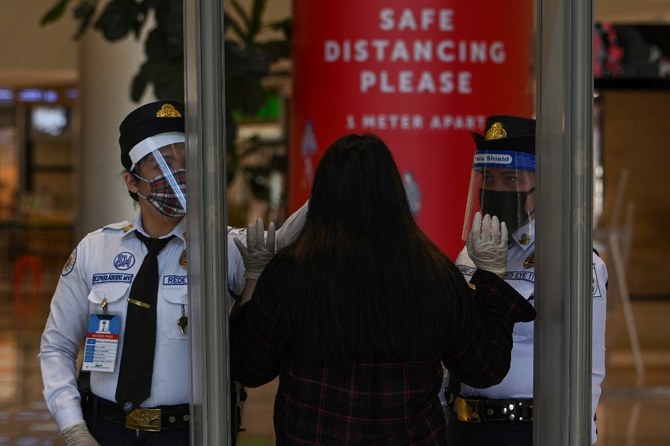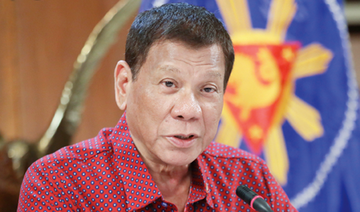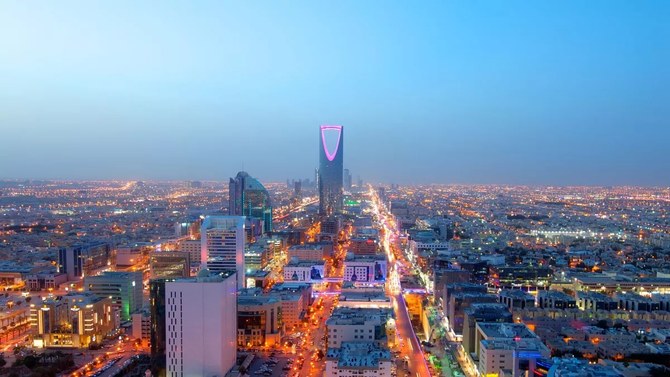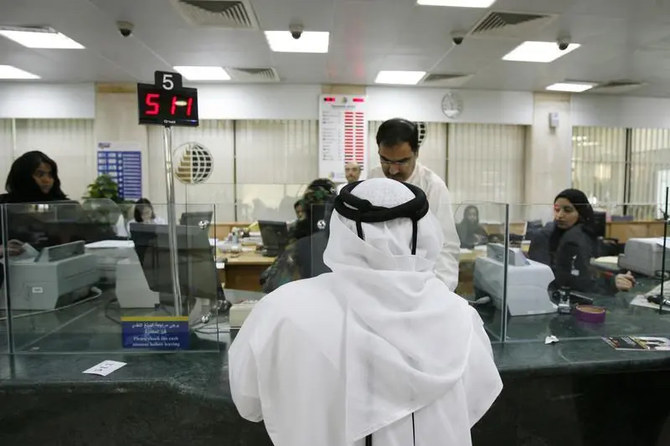DUBAI: The worst is probably over for the Philippines despite a steeper GDP contraction projected for it this year, as the coronavirus pandemic hit not only the Southeast Asian country but the global economy as well.
The Philippine economy is forecast to contract by 7.3 percent in 2020 before growth returns to 6.5 percent next year, according to a new report from the Asian Development Bank (ADB).
“We believe the worst is now over and that the contraction in GDP bottomed out in May or June this year. The package of measures the government rolled out such as income support to families, relief for small businesses, and support to agriculture in the second quarter all helped the economy to bottom out,” Kelly Bird, Country Director for the Philippines at ADB, said.
“We expect the recovery to be slow and fragile for the rest of this year, and growth to accelerate in 2021 on the back of additional fiscal support and an accommodative monetary policy stance.”
The multilateral lending institution, in its Asian Development Outlook 2020 Update, projected a deeper shrinkage in the Philippine economy as private consumption and investments remain subdued amid the uncertainties. ADB forecast in June that the Philippines’ GDP would contract 3.8 percent.
Jonathan L. Ravelas, chief market strategist at BDO Unibank, meanwhile said while the Philippines had its first recession since 1998 and the deepest since 1985, the economy’s strengths could help it survive the doldrums.
“The low debt and deficit levels, adequate foreign exchange reserves, and a well-capitalized banking system could allow the government and central bank to employ additional support measures for the economy to rebound to a 3.3 percent growth in 2021,” Ravelas told Arab News.
“Our forecast for 2020 GDP growth is a decline of 8 percent, so the ADB downgrade is not surprising. We expect a below average economic growth at 5.5 percent in 2021, within striking distance of the ADB’s,” Ruben Carlo O. Asuncion, chief economist at Union Bank of the Philippines’ corporate research unit, meanwhile said.
“Again, this growth recovery is not pre-COVID level and thus can be classified as partial recovery, as stated by the ADB. I think that everyone else’s analyses are converging.”
Government projections indicate a 5.5 percent GDP decline this year before recovering to around 6.5 percent next year and 7.5 percent in 2022.
The Philippine economy’s decline is largely due to the COVID-19 pandemic – and the ensuing lockdowns that went with it – which can be considered more of a health issue rather than economic or financial in nature, according to Ruben Carlo O. Asuncion, chief economist at Union Bank of the Philippines’ corporate research unit.
“Philippine economic recovery could accelerate in the latter part of 2021 and in 2022, in preparation for the May 2022 presidential elections,” Asuncion told Arab News, as the government fast tracks infrastructure projects before an election ban on spending starts.
“But economic recovery remains relatively sluggish for now, with many businesses and industries still operating way below the usual capacity amid social distancing and other stringent health protocols to prevent COVID-19 from spreading further.”
Asuncion added that a further re-opening of the local and global economy from lockdowns, A reduction in new coronavirus cases plus the development of a vaccine against COVID-19 could help improve recovery prospects.
ADB’s Bird had similar assertions: the economy will rebound in 2021 as expected as the outbreak is contained, the economy is further opened, and more government stimulus measures are implemented.
There are however downside risks next year, Bird noted, which include a slower than expected global recovery – that could weigh heavily on trade, investment – and overseas Filipino worker remittances.
“The positive credit rating moves on the Philippines recently … fundamentally reflect the Philippines’ improved economic and credit fundamentals that may help attract more foreign investments into the country, and in turn, further help the recovery of manufacturing, imports, exports, employment, and overall GDP,” Asuncion said.
“To be able to steer the ship out of the storm and into port, the government needs to spend. It’s a balancing act,” BDO Unibank’s Ravelas said, stressing the need for more fiscal stimulus to further restart the economy.


















